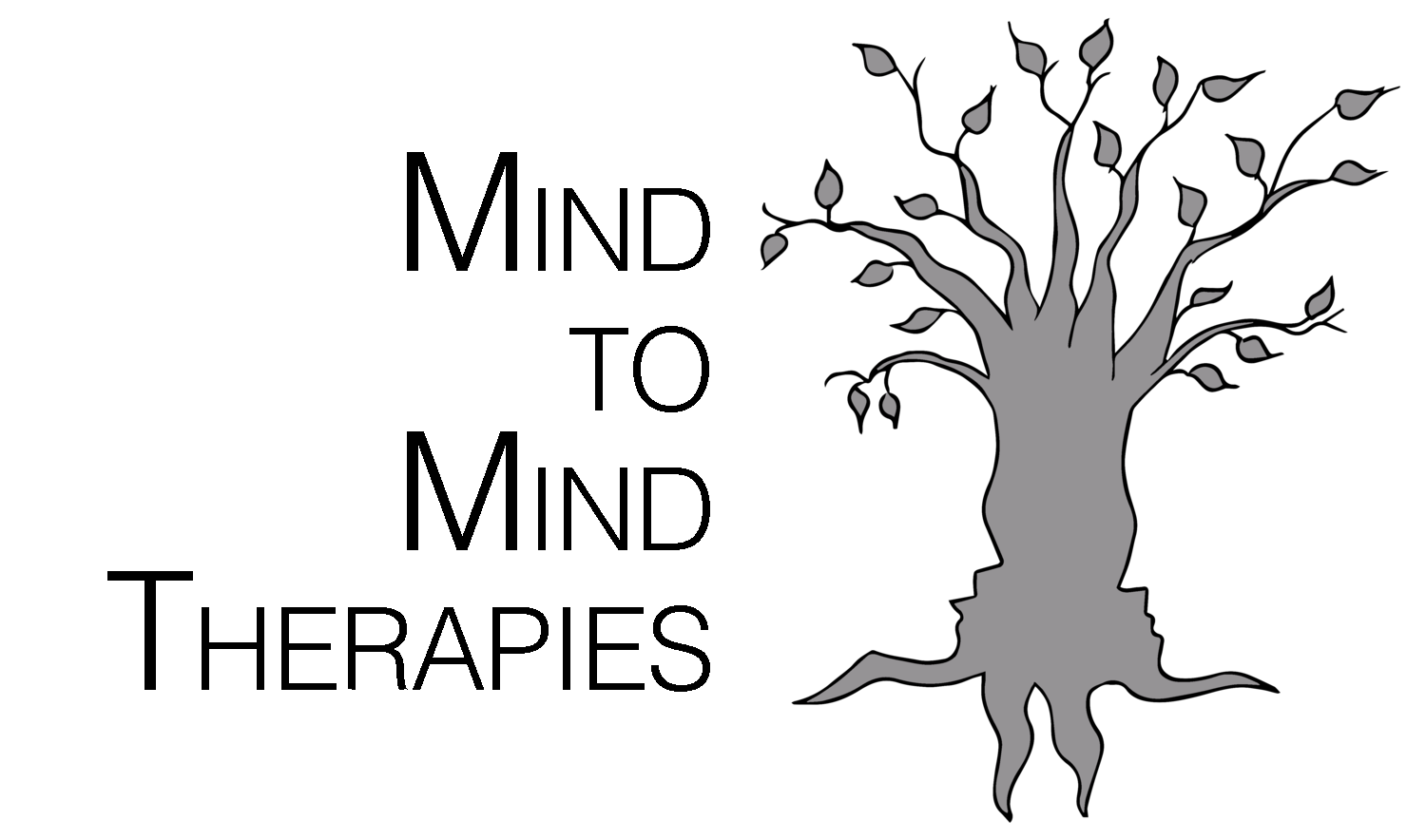Autism and ADHD Assessments
We are specialists in assessment of autism and Attention Deficit Hyperactivity Disorder (ADHD) for children, young people, and adults. We offer these assessments in clinic in Banstead or Epsom (Surrey), or St Albans (Hertfordshire). Our assessments are reviewed within a multi-disciplinary team and adhere to the National Institute for Health and Care Excellence (NICE) guidance. Our team consists of experienced clinicians who have provided assessments of neurodivergence both within the NHS and privately, and we are passionate about being neuro affirming. Here at Mind to Mind, we understand autism and ADHD to be a form of difference. We believe that differences should be embraced, and met with kindness. Our aim is not simply to assess and diagnose, but to understand the individual within their context, and to provide a useful written narrative.
If you are not sure whether you or your loved one might be neurodivergent, contact us here to arrange a free, confidential phone consultation.
Locations:
We offer online assessments, as well as face to face clinics in St Albans (Hertfordshire), Banstead and Epsom (Surrey).
Who We Work With:
We offer assessments to adults, young people, and children over the age of 6 years.
Process and Prices:
Our assessments involve collecting information from the individual about how they’ve been since they were young, this takes place via asking for questionnaires to be completed and through conversation. Where possible, we also seek information from people that know the individual well, to learn about how the individual manages in different settings. Then, depending on the type of assessment that has been agreed upon, there may also be some specific types of assessment that we use, to gather more detailed information about an individual’s communication or information processing style. Once this information has been gathered, we then liaise with other professionals who are trained in assessing neurodivergence, in order to reach consensus about whether a diagnostic threshold has been made. We would then provide feedback to the individual about the outcome of the assessment. Our next step would then be to write the information up into a detailed report, to evidence a thorough assessment having been completed, and share this with the individual. We would have an opportunity to meet and discuss the report and any questions that arise from the process as a whole, with a view to thinking about recommendations and helpful ways forward.
Our fees are based on the number of hours it takes to complete the full diagnostic assessment and write the report. Self-funded assessments fees are as follows:
Autism assessment fee: £1950
ADHD assessment fee: £1500
Combined autism and ADHD assessment fee: £3000
We are unfortunately unable to offer assessments via the Right to Choose pathway
If someone is half way through the process of assessment and decides they no longer wish to continue, we will charge for the completed work by the hour, rather than the full cost. If you would like a full break down of the phases of assessment and associated fees, please contact us.
If you would like further information, please contact us here for our information sheet and free telephone consultation to discuss whether an assessment of neurodivergence is right for you.
Our Assessment Team:
Our team is led by two clinical psychologists. We consult with a multidisciplinary team of speech and language therapists and occupational therapists, as recommended by NICE guidance, in order to ensure the integrity of the outcomes of our assessments.
Lisa Wilson
Clinical Psychologist
Robyn O’Connell
Clinical Psychologist
Lisa worked in the NHS for 17 years, and Robyn for 18 years, offering specialist assessments (including autism assessments) and offering psychological therapy across the lifespan. We decided to set up private practice in order to help alleviate the pressure on NHS waiting lists, and we have learnt a great deal from the remarkable people we have met. We are passionate about providing a service that really listens to the people we see.
We have the training and skills to give a diagnosis if threshold is met, but we take a considered approach to whether diagnosis is necessary or useful to each individual. We are trained in using the ADOS-2, which is the ‘gold-standard’ tool for providing autism assessments, and the QB Check, ACE and DIVA, which are recommended for ADHD assessments, but we are also clinical psychologists. This means that we are trained to doctoral level in a variety of different models and tools. Consideration will be given to any co-existing difficulties (e.g. anxiety, mood disorder) so that support can be prioritised and best targeted. We won’t problematise differences, and any needs or difficulties that might be experienced will be met with sensitivity and kindness. The assessment process will take place over a number of weeks; we will do our best to give you a time frame, but it will depend on factors such as the time it takes to gather the necessary information from all involved.
We would discuss the pros and cons of full combined assessment in the early stages of the assessment process in order to ensure informed consent to the process. We would also discuss your right to change your mind during the process of assessment, if necessary, and what would happen to the information already gathered. As clinical psychologists, we are registered with our governing body, the Health and Care Professions Council (HCPC)
What is Neurodiversity?
Autistic people fall under a broader category of being ‘neurodivergent’, where ‘neuro’ means ‘brain’, and ‘divergent’ means ‘different’. Other people who also identify as neurodivergent are people with differences such as ADHD, dyslexia, dyspraxia, and Tourette’s. People without such differences are referred to as ‘neurotypical’.
What is Autism?
Autism is a difference in social communication that is present from birth. Autism is referred to in different ways, from ‘autism’ to ‘autism spectrum,’ ‘Autistic Spectrum Condition (ASC)’ and Autistic Spectrum Disorder (ASD).’ ASD is the clinical diagnostic term but, aside from the purposes of being diagnosed, this terminology does not need to be used unless the autistic individual chooses to use it.
It is called a ‘spectrum condition’ as no two autistic people are the same, and there are a range of different traits that can lead to a diagnosis being made.
As part of the process of assessment we would consider an individual’s patterns of thinking (i.e., information processing) and communicating (i.e., both verbally and nonverbally), any particular areas of focused interest, and any differences with sensory processing. As part of this, we like to learn about an individual’s preferences (e.g., for communicating, how they spend their time, how they move or use their body, how they experience and manage feelings, etc.). This can sometimes take time to explore, as an individual’s appreciation of themselves may have been lessened through having learnt to mask. We are also aware that neurodivergent ways of being offer many strengths, and we aim to acknowledged and celebrate these as part of our assessment process.
What is Attention Deficit Hyperactivity Disorder (ADHD)?
ADHD is a term used to describe a neurodevelopmental condition (or set of differences), characterised by attention difficulties, hyperactivity and impulsivity that have a significant impact on daily life. ADHD affects people across the life span, emerging in childhood and persisting into adulthood, although how it presents may change over time. ADHD is associated with challenges with executive function; described as ‘the control centre’ of the brain, which may include difficulties focusing or sustaining attention on tasks, feelings of physical and mental restlessness, acting or speaking impulsively, trouble with organisation and remembering things, and difficulties regulating emotions. The diagnostic criteria distinguish three presentations: predominantly inattentive symptoms (which has historically been known as ADD), predominantly hyperactive/impulsive symptoms, and combined inattentive/hyperactive presentation. It is important to recognise that ADHD affects everyone differently. There are also many strengths associated with ADHD such as the ability to focus intensely and think divergently and creatively. ADHD can however have a significant impact on daily life including on social relationships, education and family life. It can co-exist alongside other neurodevelopmental and mental health conditions therefore a thorough and comprehensive assessment is required.
So Why Diagnose?
Having a formal diagnosis can be helpful for the individual and those around them to understand them and their needs. The strengths and difficulties associated with being autistic or ADHD are unique to each person, and any recommendations that follow the assessment process are therefore individualised and tailored to that individual’s specific profile. Our aim is to support individuals and families through the assessment process, and to facilitate acceptance and understanding of what it means to be neurodivergent.


